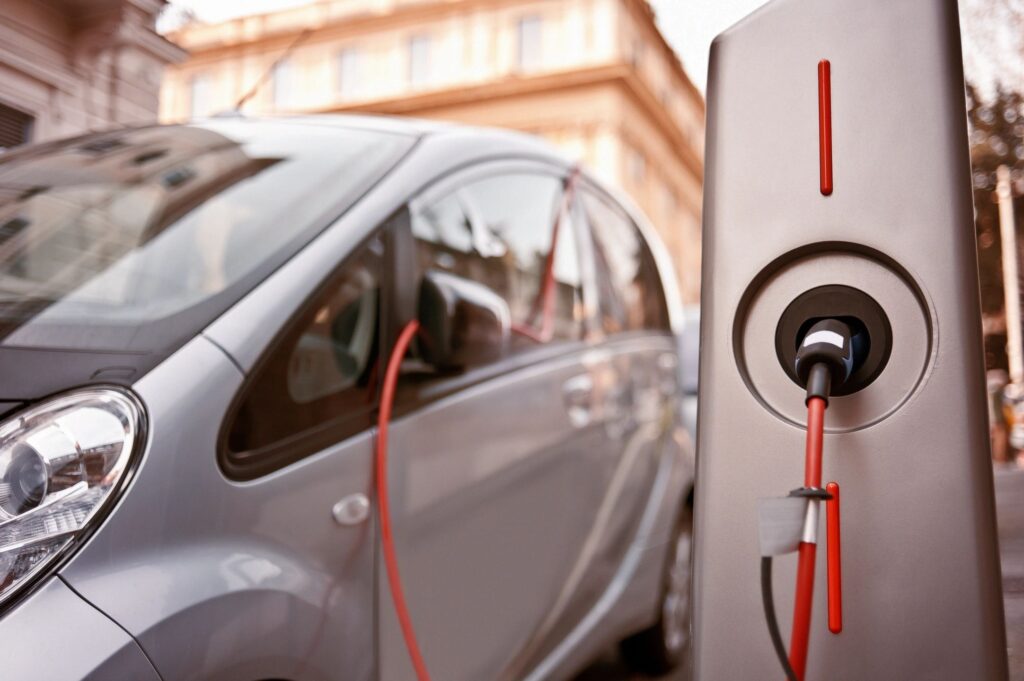Electric Vehicle Tax Credits for High-Income Individuals and Families

Electric vehicles (EVs) are becoming increasingly more available, and most car manufacturers are building and selling an EV option, ranging from sports cars to pickup trucks. The US government currently provides a tax credit upon purchasing an EV between now and 2032. However, many individuals and families with higher incomes may not qualify for the federal EV tax credit due to income limits. Fortunately, there’s an alternative route to take advantage of the available tax credit: leasing.
Under the Inflation Reduction Act (IRA) of 2022, a federal tax credit for purchasing an EV is up to $7,500. The IRA Act placed income restrictions on those who qualify. For individuals, the income limit to qualify for the full credit is $150,000, and for married couples filing jointly, the limit is $300,000. Income exceeding these thresholds will eliminate the available credit when purchasing a new EV.
While the income limits apply to those purchasing an EV, the leasing rules differ. If you lease an EV, the tax credit applies to the lessor (the company leasing the car), not the individual or family. The leasing company can pass the tax credit benefit to the lessee in the form of reduced monthly payments, making it possible for high-income earners to still benefit from the tax benefits of an EV.
- Choose an Eligible EV: Only specific EV models qualify for the federal tax credit. Check if the vehicle you want to purchase meets the necessary criteria. Fuel Economy.gov provides a list of eligible EVs based on model, make, and year.
- Check Eligibility: Not all leasing companies pass the tax credit benefit to lessees, so be sure to inquire whether the tax credit will be applied to your lease.
- Check for state tax credit eligibility: Some states offer a tax credit upon purchasing an EV, which can be in addition to the federal tax credit.
Additional factors outside of the purchase or lease terms should be considered. These factors and costs are specific to electric vehicles.
- Depreciation: Recently, EVs have been depreciating faster than their peers due to lower demand, battery degradation, and rapid improvement of battery technology on newer models. Leasing can reduce your exposure to depreciation and allow a timeline to move to a newer model every few years, taking advantage of the longer ranges new battery technology could provide.
- Charging: Ensure that you have charging availability. Will this require installing a charging port at your home? Depending on your current situation, this could require an upgrade to your garage that could cost anywhere from a few hundred dollars to a few thousand dollars. Additionally, do you have charging availability at your office or second home?
Whether purchasing or leasing an EV, ICE, or hybrid vehicle, it is essential to review all terms. Contact your Heritage Wealth Architects team if you would like assistance with a vehicle purchase, whether reviewing terms, discussing funding options, or reviewing the impact on your financial plan.